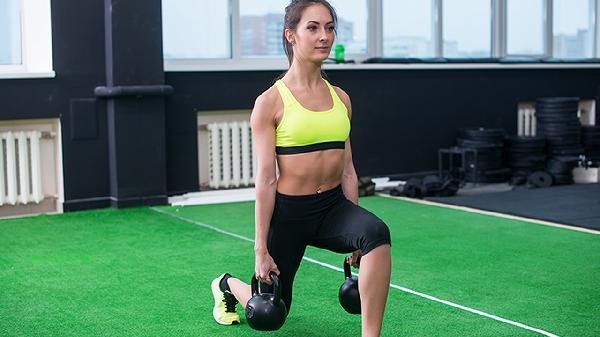Female fitness usually increases hormone secretion, but the specific effects vary depending on the type of exercise and individual differences. Exercise mainly affects physiological states by regulating hormone levels such as adrenaline, cortisol, growth hormone, and sex hormones. When women engage in moderate to high-intensity exercise, the secretion of adrenaline and noradrenaline significantly increases, helping to increase heart rate and blood pressure, and providing more energy to muscles. This short-term hormonal change will gradually return to normal after exercise. Regular aerobic exercise such as running, swimming, etc. can promote the secretion of endorphins, improve emotional state, and moderately increase estrogen and progesterone levels, which may have a positive impact on women with regular menstrual cycles. Strength training, especially heavy resistance exercises, can stimulate brief increases in growth hormone and testosterone. Although testosterone levels in women are much lower than those in men, short-term increases can help with muscle synthesis and metabolism. Overtraining or long-term high-intensity exercise may lead to sustained high cortisol levels, which in turn can inhibit estrogen secretion, resulting in menstrual disorders or decreased bone density. Adolescent women, menopausal women, or those with endocrine disorders may be more sensitive to hormone responses to exercise.

It is recommended that women adjust their exercise plan according to their own physiological cycle and health condition to avoid sudden increases in training intensity. Pay attention to supplementing high-quality protein and complex carbohydrates before and after exercise, ensuring sufficient sleep helps maintain hormonal balance. If there are persistent menstrual abnormalities, emotional fluctuations, or fatigue syndrome, timely medical attention should be sought to check hormone levels. A fitness plan can be combined with aerobic, strength, and flexibility training, with 1-2 days of recovery per week. If necessary, consult a professional sports medicine physician or endocrinologist.









Comments (0)
Leave a Comment
No comments yet
Be the first to share your thoughts!